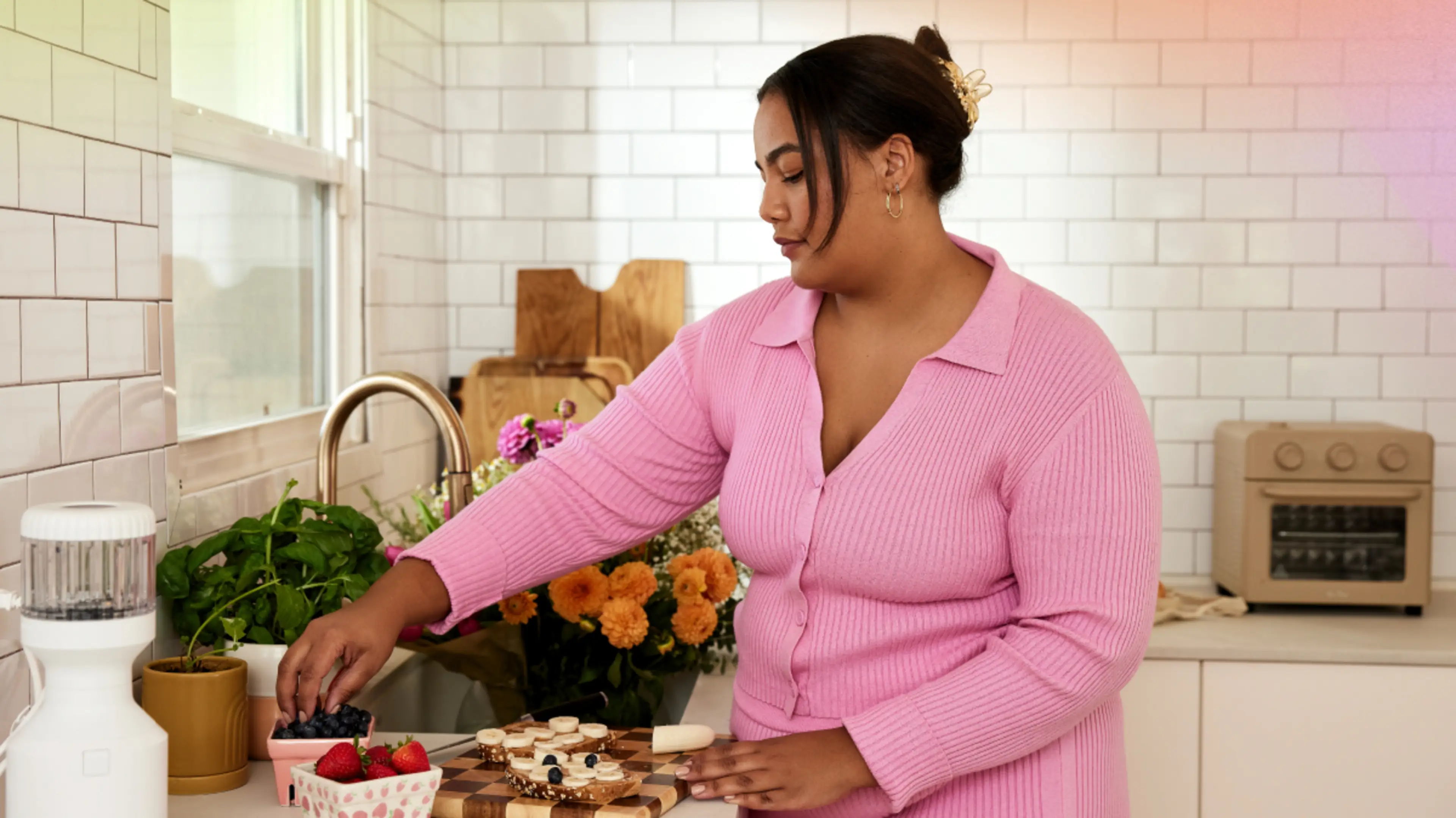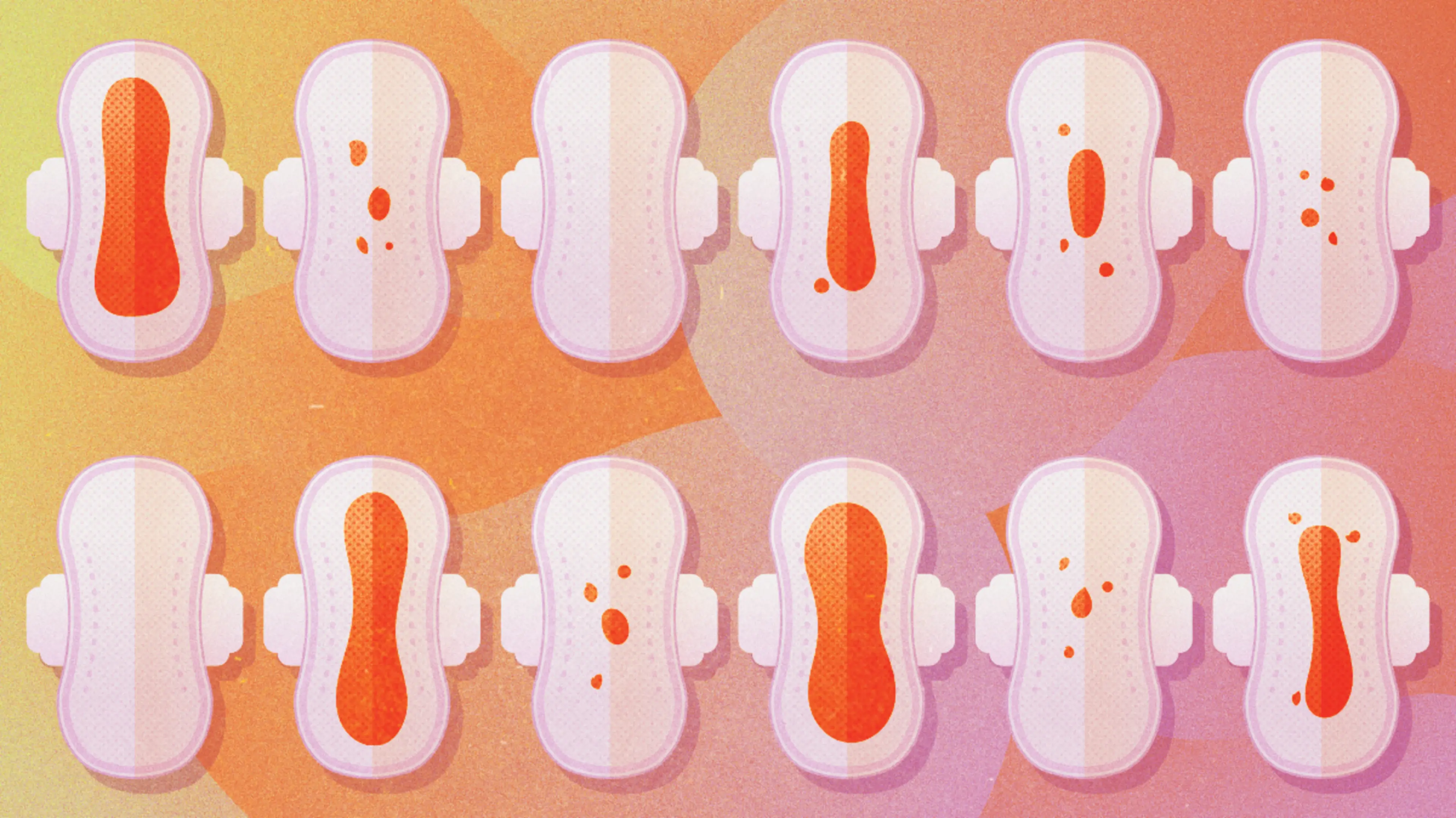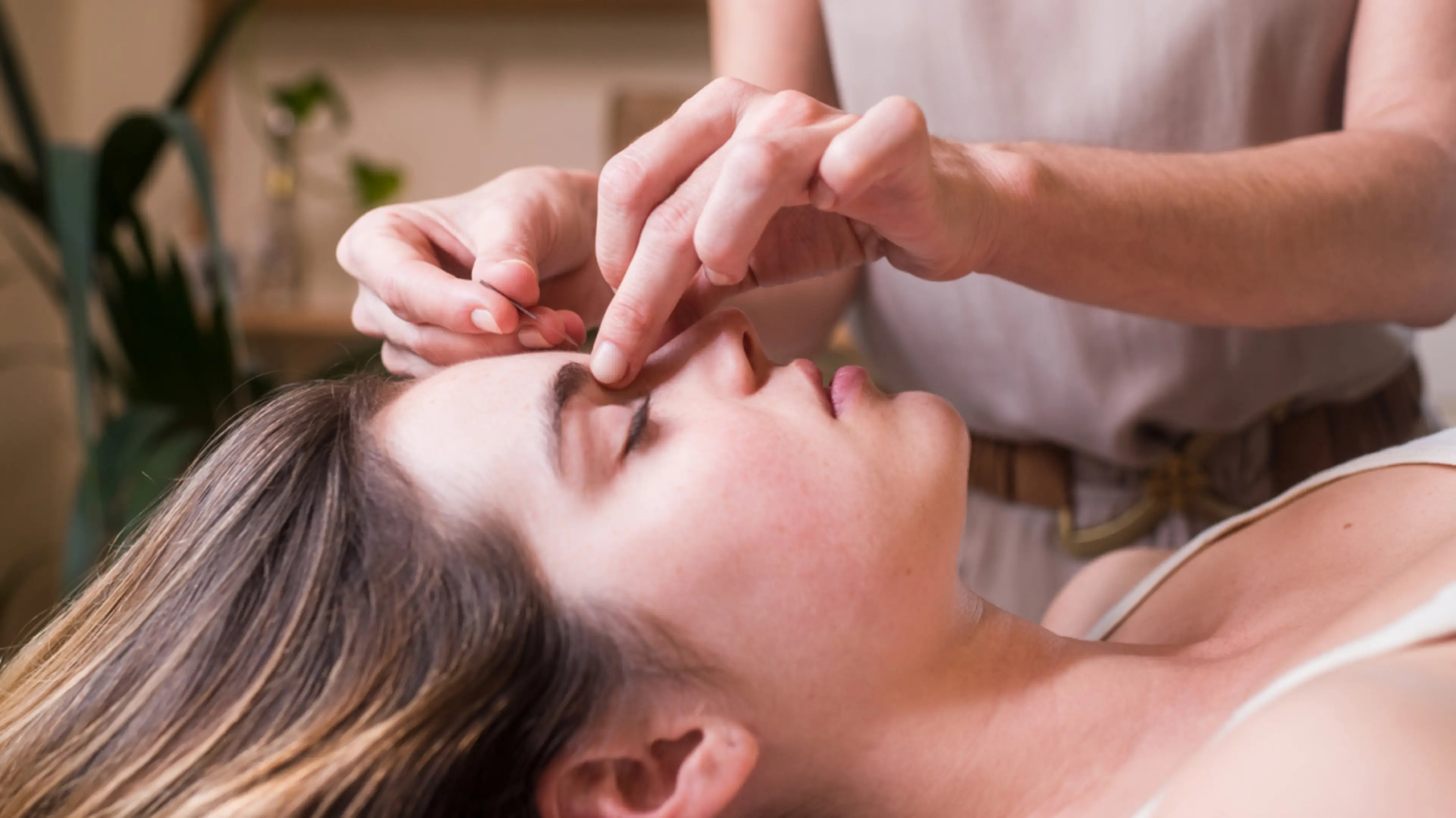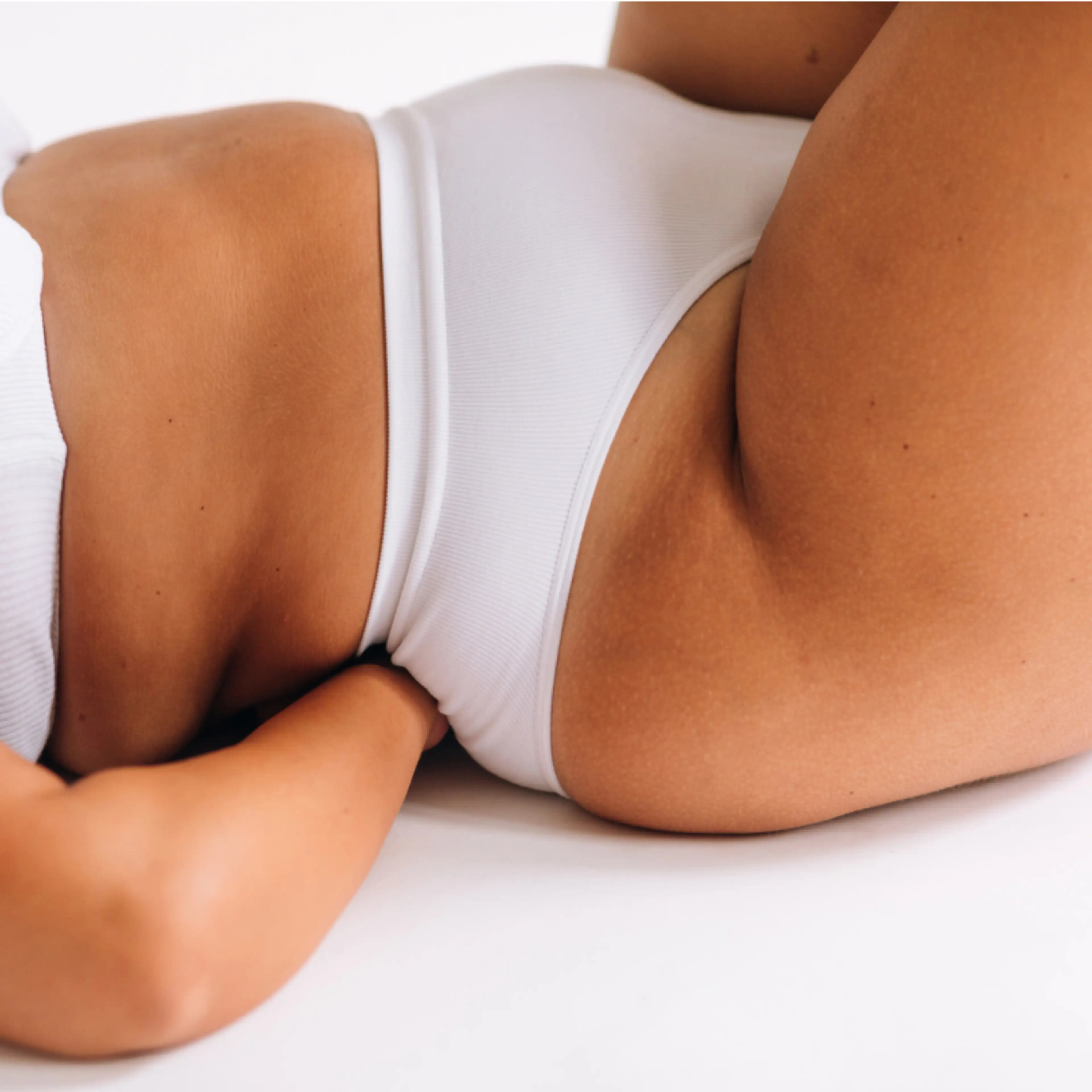It’s finally happening—you’ve decided to start “trying.” Your prenatal vitamins are in the medicine cabinet, your ovulation strips are ready to go, and you have a secret list of baby names in your Notes app.
Still, you may be wondering if there’s anything you can do in your daily life to improve your chances of getting pregnant. The answer is yes—there are a few mindful lifestyle changes that can positively affect your fertility.
Before diving into the specific tweaks, a quick note on timing. If possible, it’s best to start implementing these changes about three months before you actually begin trying to get pregnant. This is because it takes three months for eggs to fully mature—so three months gives you time to improve the quality of the eggs you are hoping will turn into “the one.” (The same goes for sperm.) If you have chronic health conditions or want to make significant changes (like losing weight) it may make sense to plan for a longer period of change before you start actively trying, says Dr. Victoria Maizes, an integrative family medicine physician and author of the book Be Fruitful: The Essential Guide to Maximizing Fertility and Giving Birth to a Healthy Child1 .
While lifestyle changes can take a bit of effort, you may find that they help you to get pregnant faster and easier. While we can’t make any promises, the evidence on the effect2 things like stress, sleep, diet, and more can have on your fertility health is very compelling.
Eat Whole Foods & a Mediterranean Diet
For optimal fertility, you should be eating a healthy diet consisting of whole foods and minimal highly processed foods (aka anything already prepared for you, like chips or frozen dinners). What exactly does that mean, though? Carly Fenimore, RD, a dietitian specializing in fertility, says that looks like, “Eating balanced meals and snacks that include lean proteins (chicken, fish, eggs), healthy fat (such as olive oil, grass-fed butter, nuts, and seeds), and carbohydrates that offer higher fiber such as whole grains and fruits.”
Think of adopting the Mediterranean diet for fertility, a way of eating that emphasizes plants, healthy fats, lean protein, and whole grains. This diet has anti-inflammatory benefits that have specifically been found3 to be beneficial for overall fertility. In general, diets that emphasize plant consumption4 are linked to better ovulatory function, which can translate to being more fertile. (Although if you go full vegan, make sure that you are still getting a healthy dose of protein, which is also essential for fertility.) Healthy diets are also associated5 with better rates of live births for both natural conception and fertility treatments.
You don’t have to give up all sweets or toss your beloved chips, of course, but try to eat more fresh food and less ultra-processed food, advises Dr. Maizes. She also recommends eating organic, if at all possible. This is to minimize your exposure to pesticides, which are linked to fertility issues like low sperm count and miscarriage6 .
You should also focus on eating enough and at regular intervals. Fenimore says keeping your blood sugar stable is one of the key things you can do for your fertility: “Eating regularly every 3-4 hours keeps blood glucose (sugar) levels stable. Getting stability with meals and snacks is important as it directly impacts blood sugar (insulin) levels and therefore, hormone levels.”
One specific nutrient that can hugely affect your baby, once you do get pregnant? Folate. It’s vital to have as it plays a key role in a baby’s neural tube development. Make sure folic acid and/or folate are in your prenatal vitamin and try to get plenty of folate in your diet, too. You can find it in mushrooms, legumes, green leafy vegetables, and fruits like oranges, bananas, and melons.
Think About Reducing the Boozy Bevs
You already know drinking isn’t recommended once you’re actually pregnant, but what about when you’re trying? In general, research has found alcohol use is associated with lower fertility rates. One study7 showed that those who reported high consumption (more than 2 drinks per day) took longer to get pregnant. A 2021 study8 of 400 US women showed a similar result—that the more drinks a woman had, the longer it took her to conceive. That study, in the Journal of Human Reproduction, also found that women who drank during the luteal phase (after ovulation and before your period) had a greater increase time to conception.
Still, there’s other research9 that indicates moderate drinking (less than 14 drinks per week) has no effect on how long it might take you to get pregnant. The American Society of Reproductive Medicine recommends10 “minimal to moderate” use of alcohol while trying to conceive. So if you like your nightly glass(es) of wine or enjoy multiple cocktails every weekend, it may make sense to cut back. But if you’re already a light drinker, you can probably continue as you have been.
Start Cleaning Up Your Household Products
Environmental exposures can also affect fertility. Endocrine-disrupting chemicals11 (like BPA, phthalates, parabens, and PFAS) are in our drinking water, personal care products, cleaning products, and more. These types of chemicals can interfere with your hormones, explains Dr. Maizes: “They change your estrogen, your progesterone, your testosterone, your cortisol, your thyroid hormones.”
Do what you can to lower your exposure to these types of chemicals—consider where in your life you may be coming into contact with them (body care products, cooking tools, and food storage are a good place to start) and what you may be able to do to swap them out. Read ingredient lists and ask questions about what’s in the things you use every day. (The Environmental Working Group has great resources–including an app–that can help you figure out which products are healthier for your hormones.) Pesticides and air pollution 12 can also play a role in lowered fertility, so if these are often in your environment, it’s worth finding a way to lessen exposure, like buying organic fruits and veggies when you can or investing in an air purifier for your home.
Dr. Maizes recommends using less plastic and choosing greener products for use in your home and on your body. But there’s no need to overhaul everything at once, especially if it’s not in your budget. She says, “Buy clean shampoo and that's one less exposure every day. If you love your mascara that happens to have lead in it, that won’t be the thing you switch. Go slowly and do what works for you.”
Try to Lower Your Stress Levels
We know, we know—it’s easier said than done to lower your stress levels. But the evidence on the effects of stress on fertility is real, and is seen again and again in studies looking at preconception stress and time to pregnancy13 , perceived stress 14 , and more. And yes, it’s true that infertility is itself also a cause of stress—so the relationship goes both ways.
Whatever you can do to cultivate calm in your life will be beneficial for everyone in your family, including a future little one. Try mindfulness and meditation, gentle movement, therapy, community involvement, or anything else that makes you feel happy and content. Even activities like puzzling can make you feel less anxious and more centered.
Move Your Body Often, But Lower the Intensity
Another factor you may want to tweak when you’re TTC is your exercise regimen.
Although moving your body regularly is key to staying healthy and helping you conceive, there is a level of exercise that can actually impair fertility, says Dr Maizes. For example, a 2016 study15 found that women who exercise more than seven hours a week may have reduced ovulatory function. The takeaway is a bit different if you’re overweight, as vigorous exercise can actually improve fertility16 for women with a higher BMI.
You don’t necessarily need to put down your dumbbells or stop training for that half marathon, but a gentler approach may be better during this time of life. Fenimore recommends, “Get outside! I like light activity such as walking or yoga for a minimum of 30 minutes per day.”
Embrace Naps and Early Bedtimes
Another area that can affect fertility? What happens in the bedroom. And no, we don’t mean sex—though that obviously plays a role—here we’re talking about your sleep schedule.
The evidence points to more sleep equaling better fertility. While lack of sleep is associated with lower fertility, getting 7 or more hours of sleep is associated with a higher chance of getting pregnant17 . In general, women with sleep issues like insomnia had a higher chance of infertility18 .
Researchers aren’t exactly sure how sleep affects your fertility, but they suggest that one way may be that sleep regulates your circadian rhythm which in turn helps to regulate your hormones19 . Plus, better sleep means less stress and overall inflammation. The more shut-eye you get at night, the higher your chance of conceiving. So bring on the naps and the early bedtimes!
The Takeaway: Start Small & Don’t Stress About It
If all of this sounds overwhelming, it doesn’t have to be. Trying to conceive is hard enough without stressing about your food, fitness, beauty, and bedtime routines. Dr. Maizes emphasizes that it’s fine to do a little at a time when it comes to making lifestyle changes—and in general, to pick and choose what will work for you. “I always say, ‘Don’t let perfect be the enemy of good.’”
Remember that diet, sleep, movement, and your overall mood are all interconnected parts of your daily life—when one improves, the others are bound to, as well. Although a baby may be your ultimate goal, taking mindful steps to improve your lifestyle can also make you happier and healthier overall.












